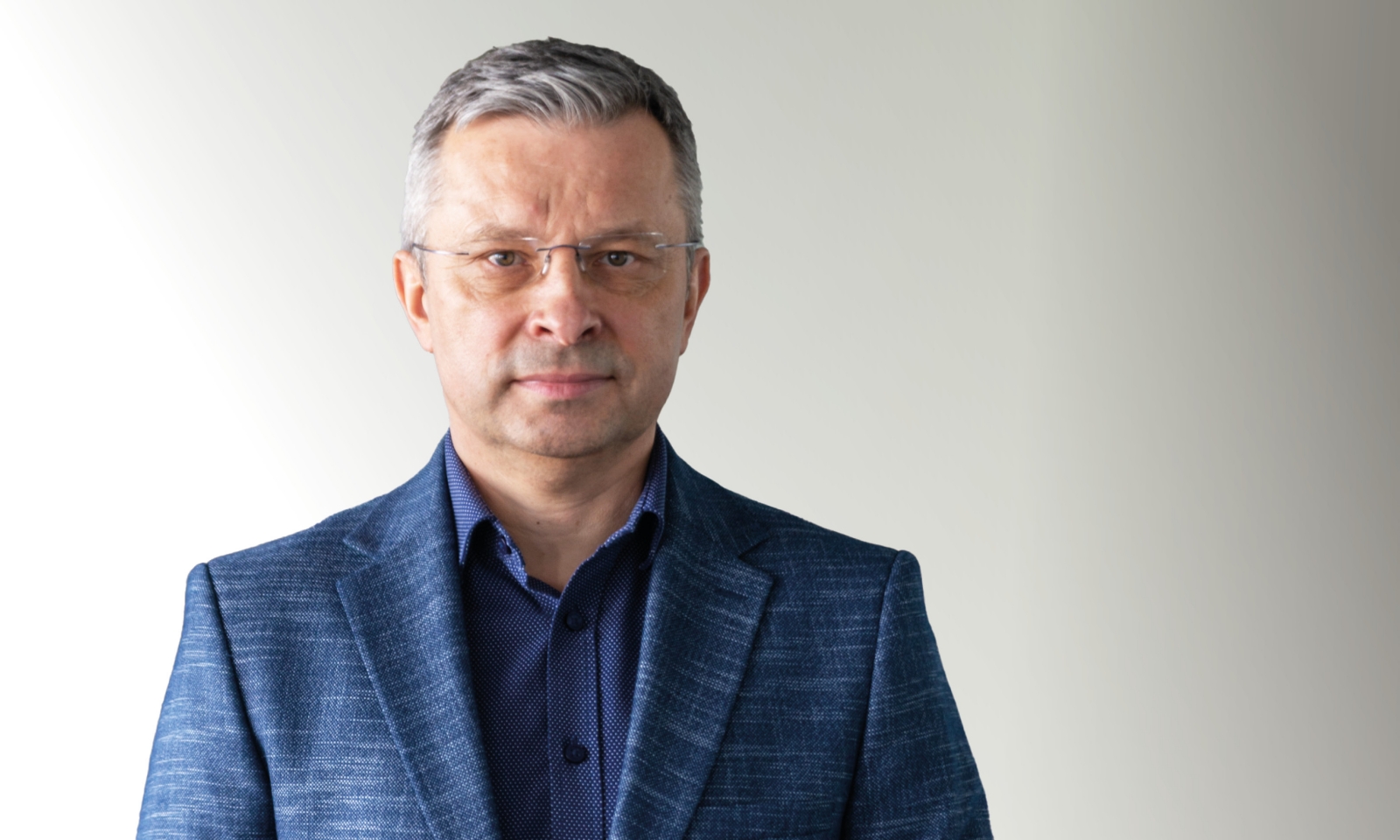 What is the "1000 Days Club"? Do many plants achieve this?
What is the "1000 Days Club"? Do many plants achieve this?
The "1000 Days Club" is an informal way of celebrating a significant milestone in workplace safety. While it’s just a number, it represents a period of sustained excellence in safety practices. At the moment, we have two plants in this club, with one of them, Zabinko, at 2,500 days. Other plants are close by with 700 or 800 days. Reaching such milestones requires continuous improvement and a deep commitment to safety protocols. It’s not just about preventing incidents but also about cultivating a proactive approach—a real culture around safety that helps identify and mitigate potential risks. But the number on the screen is not what matters.